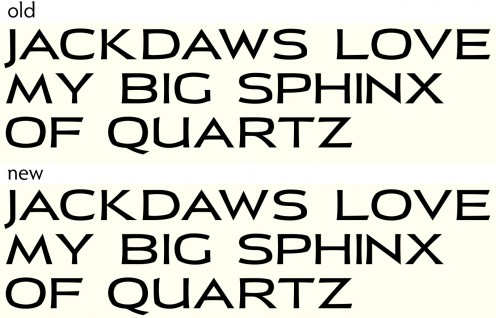Saturday morning, I found myself at a 5k run in Parma — oddly enough, at the same field where Marie plays football.
I’d been planning on doing a 5k for a while but just didn’t really plan on going to this particular one until Friday.
Like I said in my last post, I’ve already been in postmortem mode for some time, but having actually been to a formal 5k, I had a few more thoughts on the subject.
* * *
ok so it wasn’t that formal
I was sort of expecting a lot of orientation and herding, but mostly you just filled out a little form, pinned a number to your belly, and waited around for someone to say it was time to go. No ID required, no lining up by estimated minutes-per-mile.
I don’t particularly mind, though I probably showed up way earlier than was strictly necessary.
* * *
running with water
During my practice runs, I’ve never carried water with me. I’ve never hydrated during a run; I’ve only done it afterwards, and, on rare occasion, just before.
But they had a water stop halfway through the race, so I figured it would be good to grab some. I felt a little weird drinking it while walking, and even weirder just throwing my empty cup on the street when I was done, but apparently that’s what you’re supposed to do.
* * *
frame of reference
I was going somewhat faster than usual my first mile and a half. During practice runs lately, my first mile has usually been 10 or 11 minutes/mile, but I completed my first mile’s worth of race in 9:44 — even though I thought I was going slow.
I guess, running in a crowd, since everyone’s moving with you it doesn’t feel so much like you’re going fast, and it’s harder to judge your own speed.
* * *
slope
I had a lot of trouble with some of the gently sloping roads here. It wasn’t what I’d call hilly, but I’ve been practicing on a nearly flat loop at home. I should alter my routine to include some hills; there are some good ones not far from my house.
* * *
stretching
I always stretch after running, but I have noticed a tendency for my Achilles tendon area to be particularly sore after running lately. Marie showed me a good stretch for that, and we think it may have something to do with my propensity to walk without having my heels touch the ground much of the time.
* * *
results
As I suspected, I came in last in my group, which is ok. It was my first run, and I’m just glad I showed up and did it. It seems there’s a race nearly every summer weekend, and I’m looking forward to continuing my training, and doing more races before the season is out.
And next year, there’s always the Cedar Point 5k. 😉
